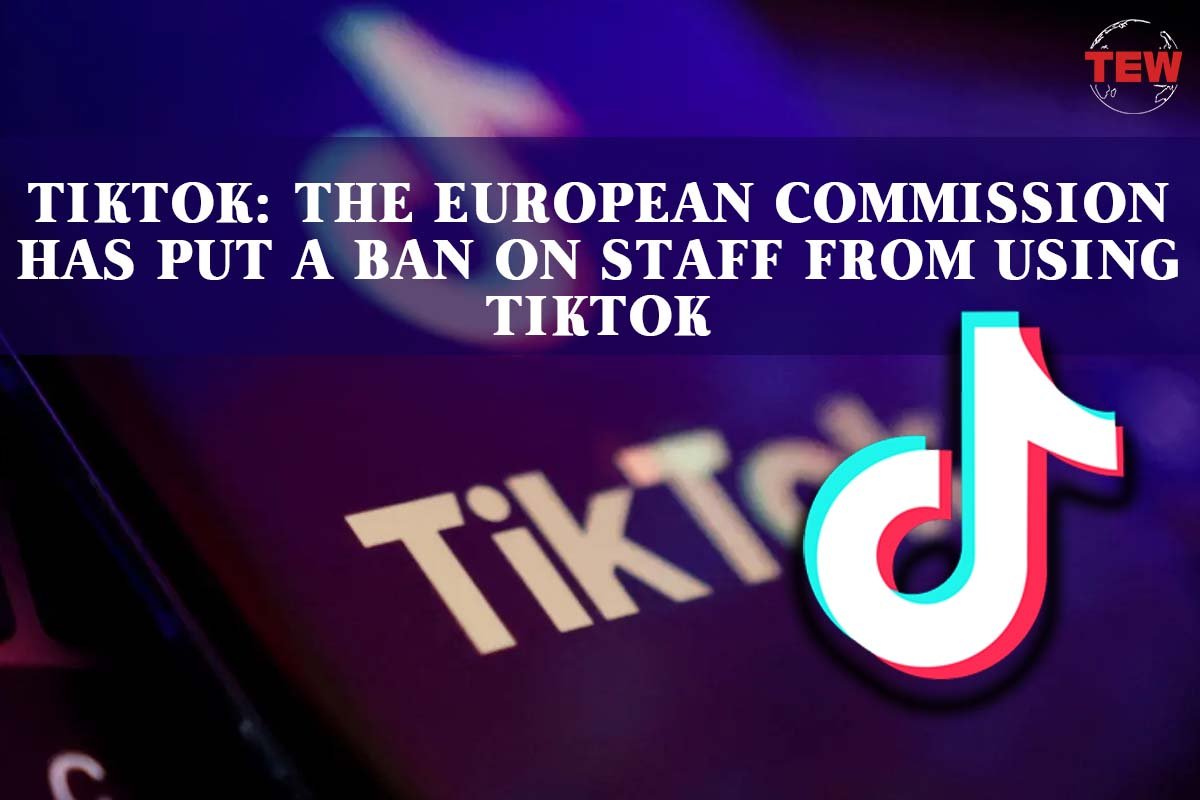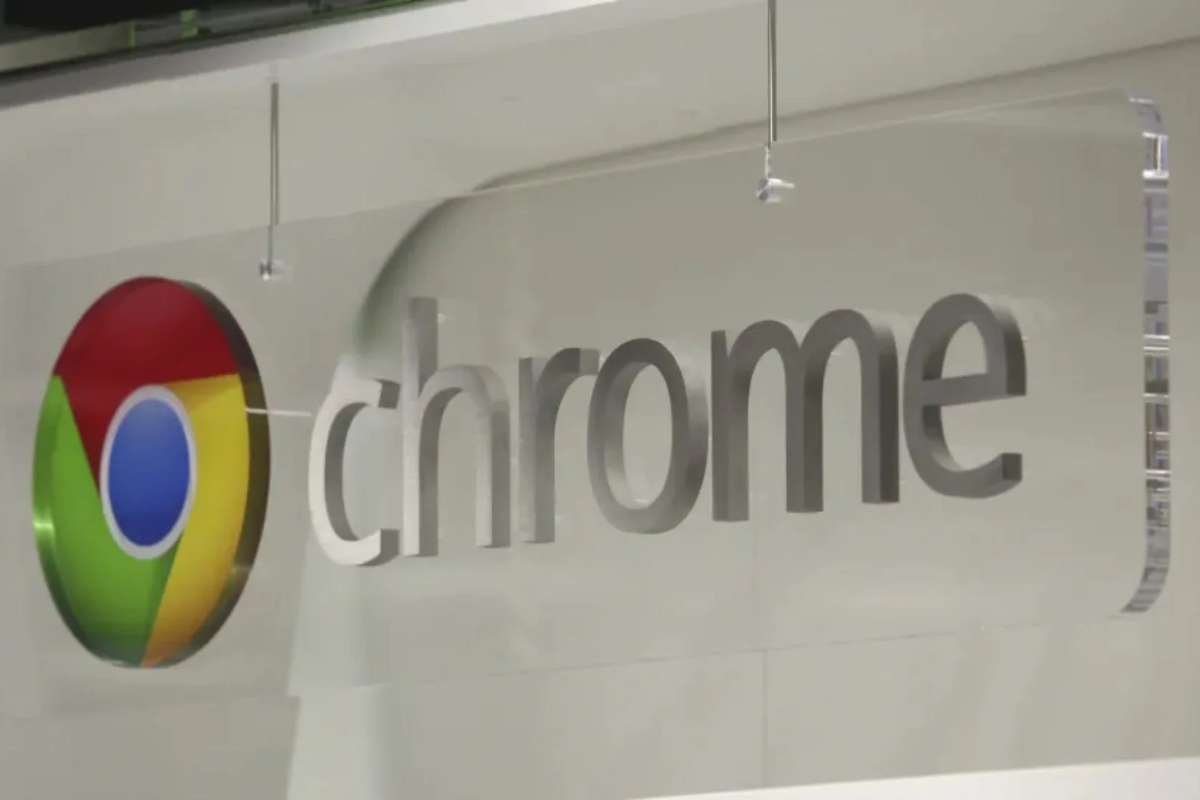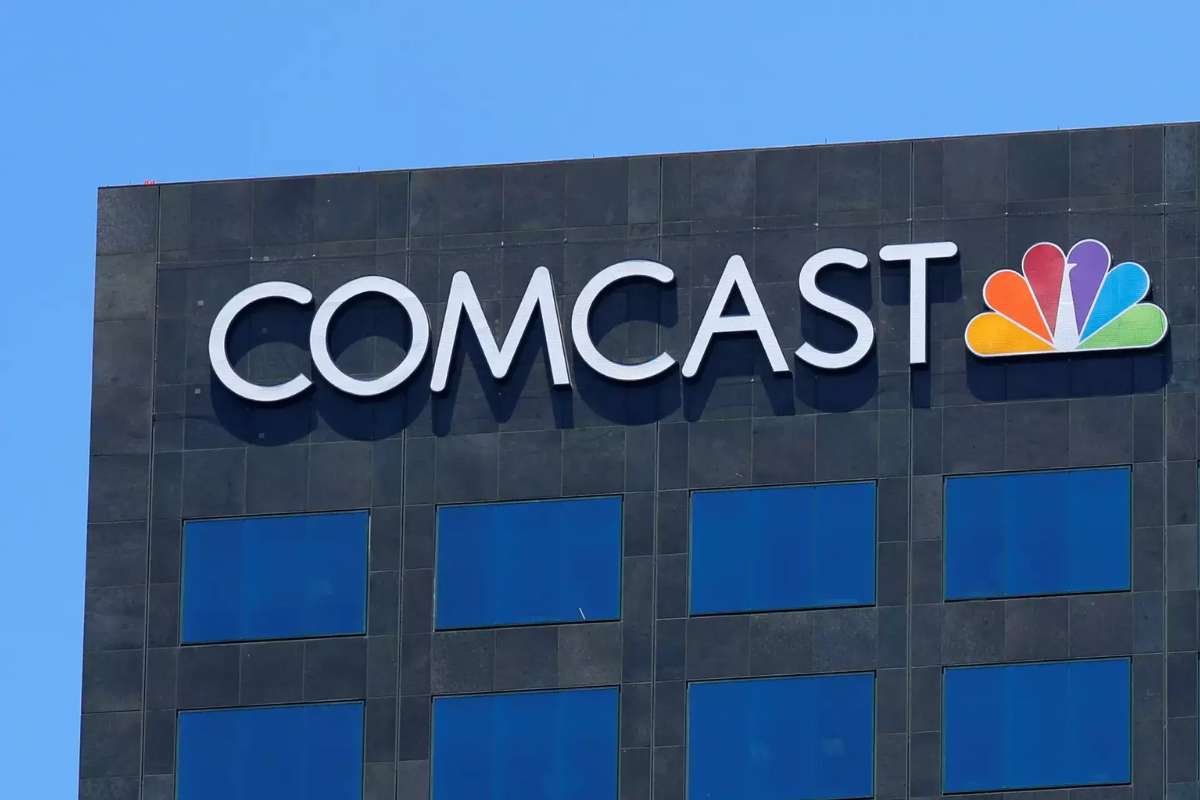The European Commission, the executive arm of the European Union, has banned its staff from using TikTok on their work phones, citing concerns over security and data privacy. The ban comes amid growing concerns about the app’s ties to China and the potential risks it poses to users’ personal information.
TikTok is a social media app that allows users to create and share short videos. The app has become wildly popular in recent years, particularly among younger users, and has been downloaded over 2 billion times worldwide.
Why the ban on TikTok?
However, the app has faced increasing scrutiny over its security practices and its ties to the Chinese government. In the United States, former President Donald Trump attempted to ban the app outright, citing national security concerns. The ban was later blocked by a federal judge.
The European Commission’s decision to ban TikTok comes after a similar move by the U.S. military, which banned the app from all government-issued devices in December 2019. The U.S. Department of Homeland Security has also raised concerns about the app’s potential to be used for espionage and cyber-attacks.
In a statement, the European Commission said that the ban was necessary to protect its staff’s personal information and to prevent the risk of cyber-attacks.
“The European Commission has decided to ban the use of TikTok on its work phones, as part of our efforts to ensure the security and privacy of our staff,” the statement read. “We take data privacy and security very seriously, and we will continue to monitor the situation closely to ensure that our staff’s personal information is protected.”
The ban applies only to staff members who use work-issued phones. Staff members are still allowed to use the app on their personal phones.
What TikTok has to say?
TikTok has responded to the ban by saying that it takes data privacy and security very seriously and that it is committed to protecting users’ personal information.
“We are fully committed to protecting our users’ privacy and security, and we take our responsibilities to our community very seriously,” a TikTok spokesperson said in a statement. “We have implemented rigorous data security measures to protect our users’ personal information, and we will continue to work closely with regulators and government authorities to ensure that we meet the highest standards of data privacy and security.”
The ban on TikTok by the European Commission is just the latest in a series of moves by governments and organizations around the world to limit the app’s reach. As concerns about data privacy and security continue to grow, it is likely that more organizations will take similar steps to protect themselves and their employees.
For now, however, TikTok remains hugely popular, particularly among younger users who are drawn to its short-form videos and creative features. Despite the controversy surrounding the app, it is unlikely that its popularity will wane anytime soon. However, as concerns about data privacy and security continue to mount, it is clear that TikTok and other social media apps will face increasing scrutiny in the years to come.





